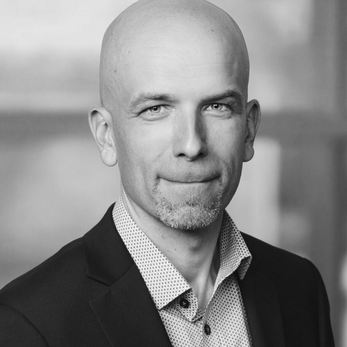Someone said to me the other day that agile is dead, which I thought was a bold statement.
But it got me thinking, is agile dead, or is it just misunderstood?
To start with Agile only covers a small part of what IT needs to do. I’m not saying we should throw it out with the bathwater, but it needn’t be your default starting position.
It’s not a universal solution to all IT problems, and you shouldn’t see it like that. The desire for teams to have better agility is well placed. The problem is that everyone assumed that Agile would be the Next Big Thing and would replace waterfall, so teams rushed out and did agile training, but now they’re realising that it’s not quite what they were expecting.
Agile was invented by some incredibly smart people, and it’s great for software engineering. The ideas seem simple but to put into practice you need very disciplined & well drilled teams, which can be the opposite of what you expect Agile to be. I have heard many teams extoll the benefits of zero documentation for example, only to wonder why distributed teams are struggling to deliver at pace. Not every organisation has access to such extensive training! To make it work, you need the process, the meetings, the documentation. The guide rails to allow it all to work.
Waterfall on the other hand is often associated with process, slowness, a lot of document writing – and people hate writing documents – especially if no one is going to look at them after 6 months! All that time spent planning, capturing requirements, designing… agile seems to bypass that – which makes it attractive.
But what this really is, is the challenge of Big Up Front Design. It makes sense to do a LOT of design work and thinking, if you are building a nuclear power station, or an aeroplane.! But if you want to fail fast and iterate quickly, you can run very short cycles of plan build & test. Yes, using waterfall methods.
So where is agile most effective? In the Business Technology Standard we have the Adaptable Project Model, which gives you the flexibility to use Agile alongside other techniques. It means that you’re using the right project methodology when the time is right to use it.
So is agile dead? No, it’s not. Is it the best project methodology? Again, no. But if you’re asking me what the best project methodology is, I’d say this: It’s the one that your people can do, reliably.
WHAT THE FIKA?
There’s a custom in Sweden called fika. It’s effectively Elevenses – people coming together every morning at the same time to have a break – coffee, cake and chat. Everyone will do it – from the CEO to the cleaner – it’s the custom.
I think in the UK we’re likely to roll our eyes at this – much like someone did when I told them recently about the Routemaster Bus that lives on the 4th floor of the Google offices – but why do the British do this?
When I look at management culture across mainland Europe, or in the US, there’s a openness that we don’t have in the UK. I find that international CIOs are far more willing to talk about how they’re working and what makes their organisation good.
How to build a good organisation is quite a difficult discussion to have in the UK. We’re happy to talk about what end result we want, but not necessarily what’s going to get us there.
I think it goes hand in hand with our idea of what work looks like – that productivity only happens if you’re at your workspace beavering away from dusk till dawn.
Is it time to lose the stiff upper lip?
Xonetic
At its heart, digital modernisation is about improving your customer experience.
We define Digital Energy as the combination of highly digital and automated business applications and tools, combined with Industry leading ways of working, practices and techniques.
If you would like to understand more about our open-source best practice knowledge, training and IT advisory services then please drop in for a virtual coffee or register for a free seminar.












